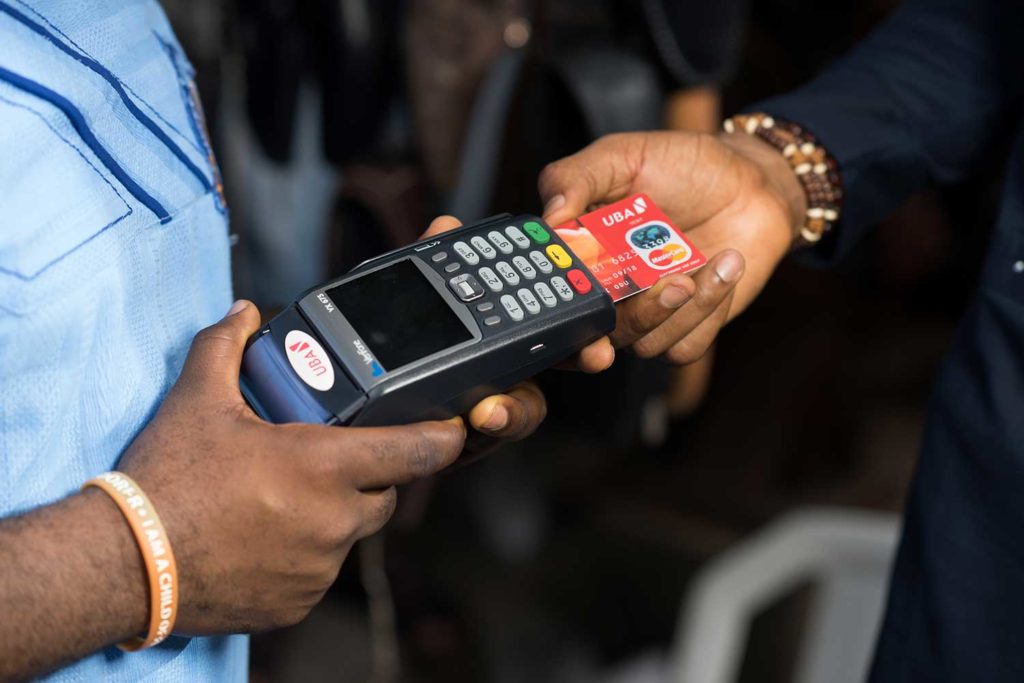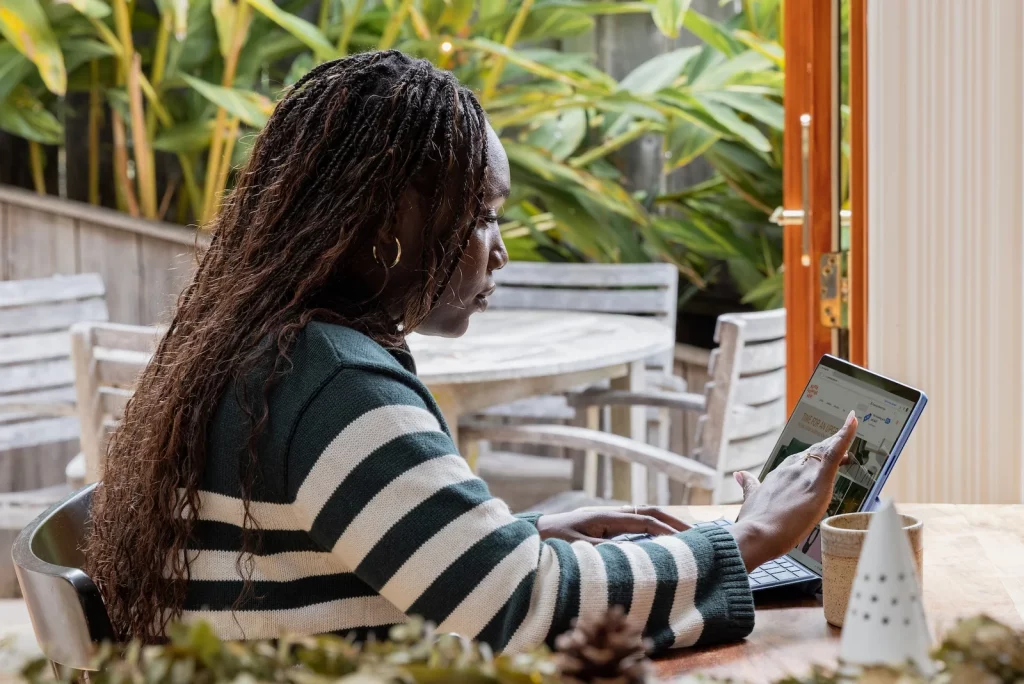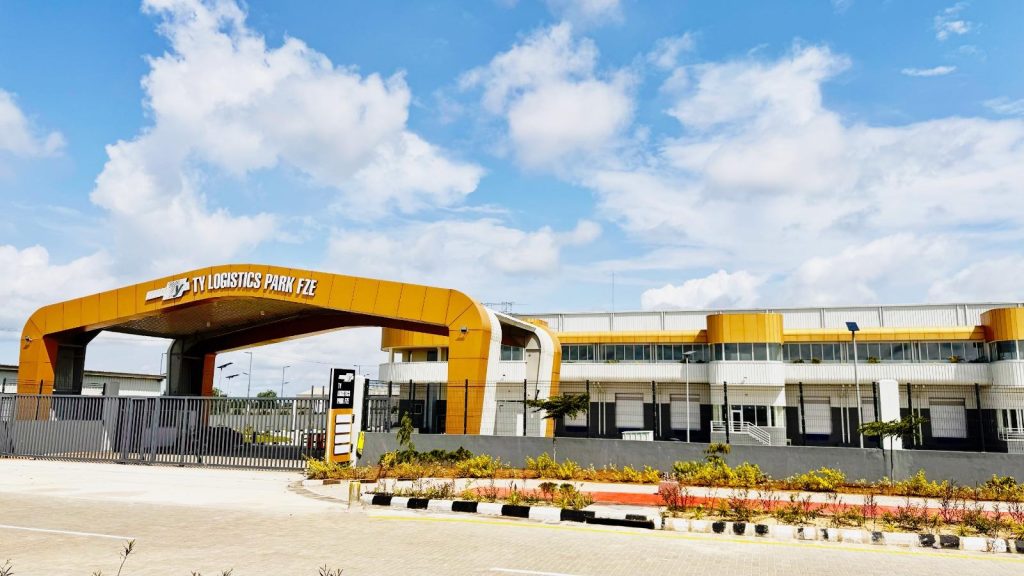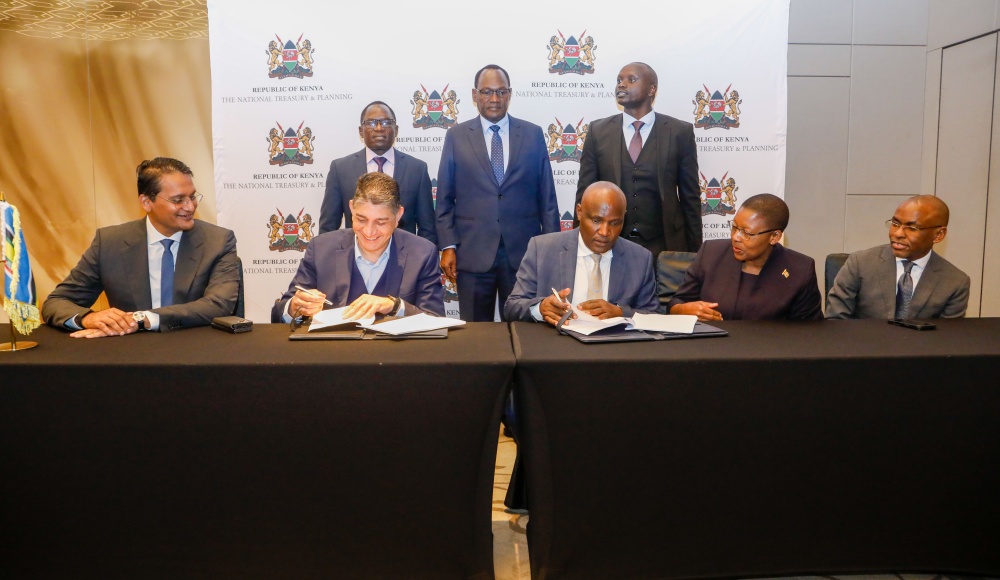

Good morning ☀️
The second edition of TechCabal’s Moonshot Conference is set for October 9–11, 2024, at the Eko Convention Centre, Lagos, Nigeria.
Moonshot will assemble Africa’s biggest thinkers, players and problem solvers on a global launchpad for change. If you want to join the stakeholders in Africa’s tech ecosystem for three days of insightful conversations, then get an early-bird ticket at 20% off.
A new crypto ban in Nigeria?
Last year, Nigeria relaxed its 2 year ban on crypto transactions. The move signalled the President Tinubu-led government’s warm embrace of crypto. Shortly after the ban, crypto exchange platforms like Quidax and Luno applied for operating licenses from the country’s financial market regulator, the Security Exchange Commission (SEC).
Since then, the government has clamped down on global crypto exchanges like OKX, Coinbase, and Binance over suspicion that crypto traders use peer-to-peer trading to manipulate the price of the naira via a pump-and-dump strategy.
Now, it appears the government is completely cold on crypto.
A matter of national security: Nigeria’s National Security Adviser (NSA) has classified crypto trading as a national security issue. 😲 As a result, fintechs across the country will now block and report accounts related to crypto transactions to the NSA.
The new development suggests a new crypto ban on p2p trading might be in the works!
Finding common ground? With the future of crypto on the line, crypto stakeholders across the country are putting on their finest suits to negotiate a peace treaty with the government.
The Blockchain Industry Coordinating Committee of Nigeria (BICCON), alongside local and international virtual asset service providers (VASPs), and other relevant crypto lobby groups, will meet with the new director general of the SEC in a bid to straighten out the current status of crypto regulation in the country.
Read Moniepoint’s case study on family-owned businesses
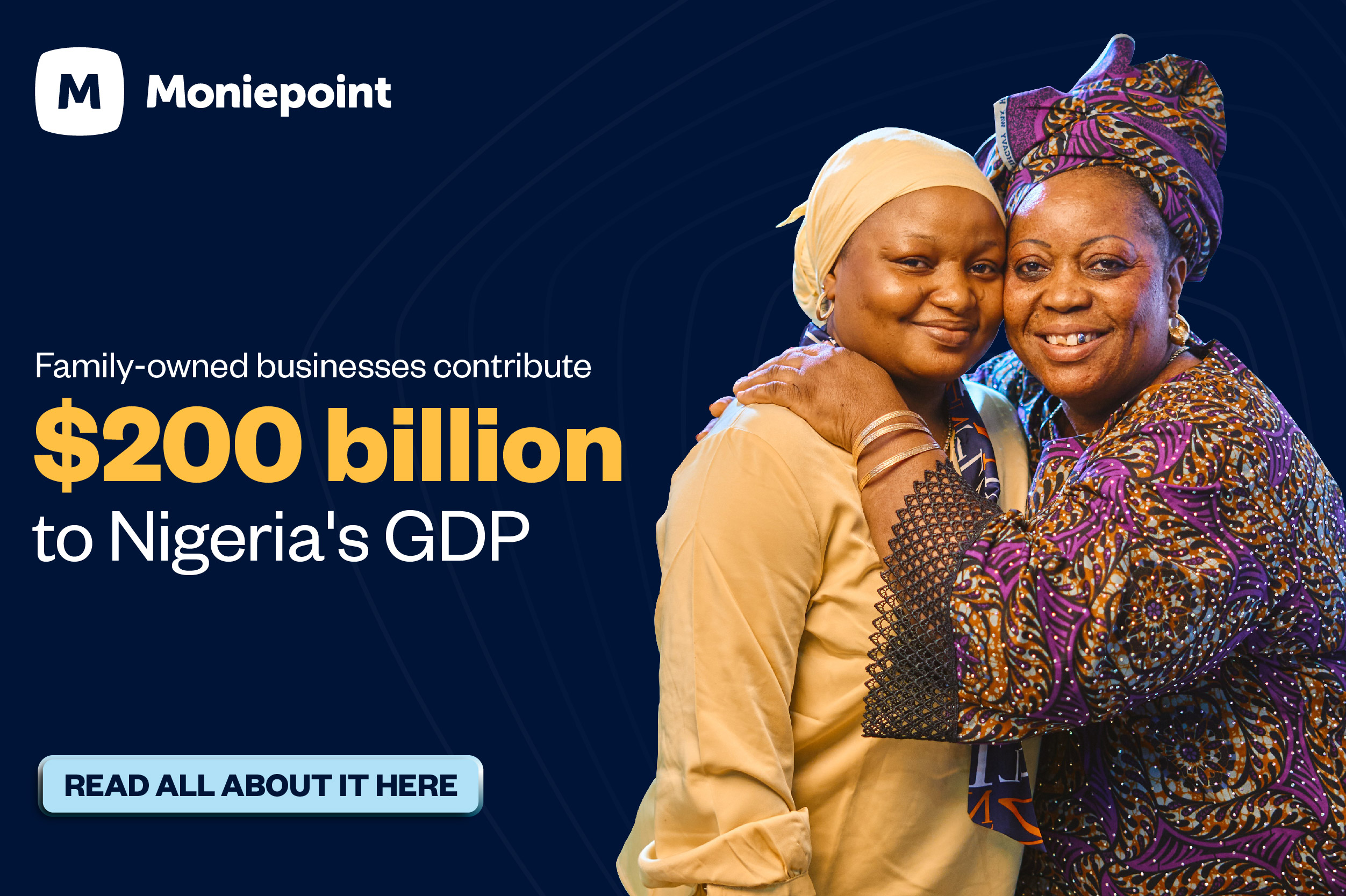
Family-owned businesses are everywhere, shaping our world in ways you might not expect. We’ve found some insights into how they work, and we’d love to share them with you. Dive in right away here.
GTCO breaks Nigeria’s profitmaking record
Earning season is back! And the results of Nigeria’s top banks are out. Last week, Access Bank maintained its lead as Nigeria’s largest bank by assets, recording assets worth ₦32.6 trillion ($23 billion) in the year’s first quarter. The bank also recorded profits of ₦159.3 billion ($114 million) thanks to a pump in its net interest income.
UBA, the Nigerian bank valued at over ₦1 trillion ($710 million), recorded a similar threshold of profits as it took home a ₦156.3 billion ($111 million) pre-tax profit in the period under review. UBA’s pre-tax profit was a 155% year-on-year increase from the ₦61.4 billion ($43 million) it recorded in the same period last year. UBA also recorded a surge in its income from foreign exchange earnings, reaching ₦23.7 billion ($16 million).
Record-breaking profit: On more about profits, it was a record-breaking quarter for GTBank, Nigeria’s fifth-biggest bank by assets. The bank recorded pre-tax profits of ₦509.3 billion ($361 million), the largest in Nigeria’s banking history! GTBank’s profit for the first quarter of 2024 was six times the amount it made in the same period last year. The bank’s total assets climbed to ₦13 trillion ($9 billion), up from ₦9.6 trillion ($6 billion) recorded last year.
An FX-driven profit? Like GTBank, several Nigerian banks—Zenith Bank also reported profits of ₦320 billion ($227 million)—witnessed increased profits in the period under review. While these gains are indeed mouthwatering, some analysts have attributed them to Nigeria’s currency devaluation.
These banks hold a lot of foreign currency for their international transactions. When the Naira weakens, the value of the foreign currency they hold goes up in Naira terms. In some cases, forex earnings reportedly contributed up to 80% of the bank’s profits. Since 2022, the naira has devalued by over 70% leading to inflation across several sectors. The banking sector, however, seems to be reaping a few benefits.
Enjoy hassle-free transactions with Fincra
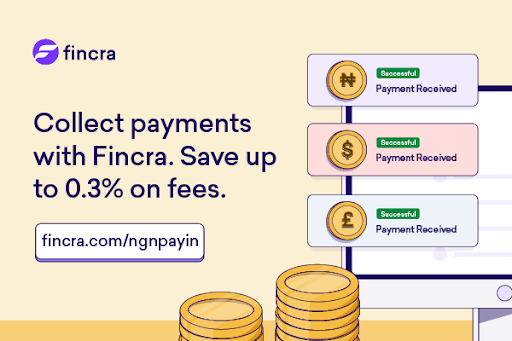
Collect payments without stress from your customers via bank transfer, cards, virtual accounts & mobile money. What’s more? You get to save money on fees when you use Fincra. Start now.
Egypt partners up with Italy for an African AI hub
Egypt and Italy are joining forces to create a major artificial intelligence (AI) centre in Cairo.
The partnership was announced after a meeting between Egypt’s minister of communications, Amr Talaat and Italy’s minister of enterprises, Aldolfo Urso.
The centre will focus on research and innovation in AI and provide training and support to other African nations. According to the duo, the initiative will also position Egypt as a leader in AI development across Africa.
The partnership will also position Africa as a leader in AI development and job creation.
Why Egypt and Italy? This collaboration leverages the strengths of both countries.
Egypt’s location and infrastructure make it a perfect place to host the AI centre. A massive amount of internet traffic travels through Egypt. Nearly 90% of the data cables connecting East and West pass through Egypt and around 17% of the world’s internet traffic passes through the Gulf of Suez near Egypt.
In the meeting, Minister Talaat, Egypt’s minister pointed out Egypt’s ideal location as a data bridge between East and West, making it the perfect hub for the AI centre.
“Italy and Egypt are both at the heart of the Mediterranean and at the crossroads of three continents: Europe, Africa, and Asia. Italy, with its ports, energy infrastructure, and cable links sees Egypt as a key partner in the development of the entire region,” Urso stated.
Urso emphasised Italy’s established leadership in AI and digital technology, and Egypt’s strategic location at the crossroads of Africa, Europe, and Asia as strengths to leverage.
He pointed to Italy’s recently approved AI Centre for Sustainable Development project at the G7 meetings as a testament to their expertise. The centre will position Italy as a key player in the growing African AI market. By collaborating with Egypt, Italy gains a foothold in a rapidly growing market for AI expertise and technology.
Accept fast in-person payments, at scale

Spin up a sales force with dozens – even hundreds – of Virtual Terminal accounts in seconds, without the headache of managing physical hardware. Learn more →
South Africa embraces AI
As AI begins to “take over” the world, South Africa is determined not to be left behind.
Last month, the country’s department of communications and digital technologies held an AI Government Summit. There, communications minister, Mondli Gungubele, warned that South Africa risks falling behind its competitors if it fails to invest in generative AI and its economic benefits. Gungubele pointed out that AI adoption could generate significant economic benefits for South Africa, Nigeria, Ghana, and Kenya. The combined gains are estimated to reach R2.5 trillion ($136 billion).
At the summit, the country also launched plans to develop its own national AI policy which it calls the “Artificial Intelligence Planning Discussion Document”.
What’s the goal here? South Africa wants to supercharge innovation in artificial intelligence. This isn’t just about fancy robots—the country is aiming to use AIto grow the economy in everything from healthcare to energy production.
The plan will also tackle potential problems like job displacement due to AI, bias in AI systems, and even military AI misuse. South Africa is looking to learn from other countries’ experiences but craft regulations specific to South Africa’s situation.
It will have some help: In this case, the country can follow the steps of Mauritius, Egypt, Nigeria and Kenya, African countries which recently announced national AI policies to tackle problems relevant to their regions.
The government is also planning to invest in training the workforce for the AI age, supporting local AI development, and improving data infrastructure. This is a race to the future, and South Africa is prepping for the starting gun.
Accept fast in-person payments, at scale

Spin up a sales force with dozens – even hundreds – of Virtual Terminal accounts in seconds, without the headache of managing physical hardware. Learn more →
The World Wide Web3
Source:

|
Coin Name |
Current Value |
Day |
Month |
|---|---|---|---|
| $63,965 |
+ 1.27% |
– 5.03% |
|
| $3,146 |
+ 1.80% |
– 5.54% |
|
|
$0.23 |
– 0.73% |
– 28.15% |
|
| $148.05 |
+ 2.13% |
– 15.65% |
* Data as of 06:00 AM WAT, May 6, 2024.
- Applications are open for the 5th edition of Wema Bank’s startup-focused tech competition, Hackaholics, themed “Meta-Idea: DigiTech Solutions for Africa’s Prosperity”. The edition will be executed over six months, touring 10 universities across Africa and challenging the youths to pitch unique, innovative, and practical Digi-Tech solutions to positively impact the acceleration of progress, development, and prosperity in Nigeria and across the African continent. The best innovators in Africa will be awarded ₦70 million. Apply here.
- Applications are now open for the DAAD Leadership for Africa Master’s Scholarship Programme. The programme aims to support the academic qualification and advancement of young refugees and national scholars from Burundi, Kenya, Rwanda, South Sudan, and Uganda at higher education institutions in Germany. Applicants will get a chance to learn a German language course for 6 months before study begins, and a Tuition-free M.A. or M.Sc. degree programme at a public or state-recognized university in Germany starting September/October 2025. Apply by June 7, 2024.
- The 2024 African Business Heroes Competition is open for application. It aims to identify, support, and inspire the next generation of African entrepreneurs who are making an impact in their local communities, working to solve the most pressing problems, and building a more sustainable and inclusive economy for the future. Finalists get grant funds of up to $300,000, global recognition and exposure and targeted and practical training programs. Apply by May 19.
Here’s what you should be looking at
Written by: Faith Omoniyi & Towobola Bamgbose
Edited by: Timi Odueso
Want more of TechCabal? Sign up for our insightful newsletters on the business and economy of tech in Africa.
- The Next Wave: futuristic analysis of the business of tech in Africa.
- Entering Tech: tech career insights and opportunities in your inbox every Wednesday at 3 PM WAT.
- In a Giffy: business decisions powered by data-driven insights and analysis you can trust.
- TC Scoops: breaking news from TechCabal
P:S If you’re often missing TC Daily in your inbox, check your Promotions folder and move any edition of TC Daily from “Promotions” to your “Main” or “Primary” folder and TC Daily will always come to you.









